On Dec. 4, students from Evanston, Niles North, and Niles West gathered at Northwestern University to discuss current events regarding the recent Israeli-Palestinian conflict. D219 staff and select Middle Eastern North African (MENA) leadership students started off the summit by sharing how important it is to discuss the Israeli-Palestinian conflict so that people are better informed.
The students who attended the summit didn’t expect many people to share their experiences about the conflict since it was still a sensitive topic. However, after a heart-wrenching story about one of our own D219 staff members losing a family member to the conflict, other students and staff began to share their own stories. The fact that this was one of the only opportunities to share these kinds of stories is precisely why summits like these are crucial to an inclusive school community.
“Simply being in a space where no explanation of identity is needed,” Communications Coordinator and MENA club sponsor Alexsandra Davood said. “It was so inspiring to see students being fully themselves without having the need to censor parts of their identity for safety reasons.”
Holding personal stories like these to oneself can take a significant toll on a person’s mental health, especially on teenagers who may already feel stressed from school. They might not feel safe or comfortable sharing these stories since they don’t want to be judged or don’t want to be targeted by others. At the summit, there were MENA-identifying and non-MENA-identifying students sharing how they felt about the conflict and how they felt about how the topic was covered. This conversation led to the question, “What can I do to help those in need?”
While this question is complicated and can mean different things to different people, many ways of showing support were covered. For example, boycotting certain businesses or companies that publicly support one side, donating to relief organizations, posting about the conflict/spreading awareness through social media, and even just talking to someone who you know who’s been personally affected and allowing them to share their thoughts.
Students walked away from the summit with the understanding of the importance of spreading awareness, making sure to share the load of their challenges with fellow students, staff, and community members, and most importantly the feeling of knowing they were not alone in their struggles.
Today, the MENA identity has often been suppressed due to current political and humanitarian issues such as the Israeli-Palestinian conflict. Many wish that MENA-identifying voices were more amplified and there was more conversation within schools surrounding this issue. Unfortunately, students, teachers, and administration often avoid these discussions because we don’t know how to properly have them.
With this ignorance motivating avoidance, a larger issue has been revealed: the avoidance of difficult conversations happening on school grounds. D219’s mission statement reads, “D219 is committed to providing an equitable learning environment that embraces diversity and individual student needs while preparing students to achieve their full potential as a part of our global community.” In order to properly embody this statement, we must be taught how to have these difficult conversations. It is human nature to avoid taboos. But if District 219 wants to prepare students to reach their full potential in the global community, we need exposure to these difficult conversations.
During this affinity space, students were able to express their feelings regarding the conflict and be supported by those who felt the same. It says a lot about District 219’s learning environment that students could only feel safe and comfortable expressing their feelings, only when surrounded by people they knew felt the same. Why don’t students and staff feel safe to share their opinions with everyone?
Niles North must start to facilitate an ongoing dialogue surrounding the Israeli-Palestinian conflict. Additionally, teachers must be supported and taught how to oversee these discussions. It is not a teacher’s role to take sides, but rather to promote a forward-thinking and healthy dialogue in a neutral, unbiased way. Students must also be taught how to navigate emotionally charged and complicated discussions such as these. Immense emphasis should be put on compassion and common ground.
High School should be a training ground for dealing with real-world issues. Students should feel safe to converse about them, and confident in their skills of dialogue. The Israeli-Palestinian conflict is not the first controversial issue to phase our world, and certainly will not be the last. A quintessential part of preparing students to be good-standing citizens of our world is the education of and exposure to real-world issues; and most importantly, learning how to discuss them.


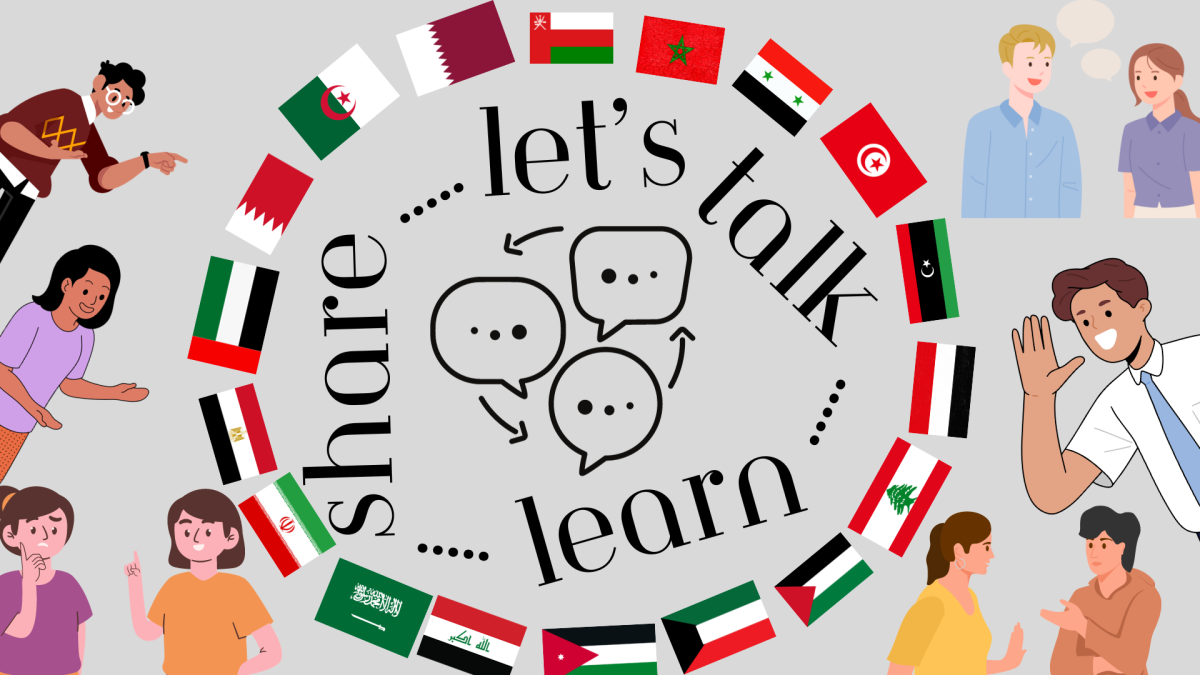






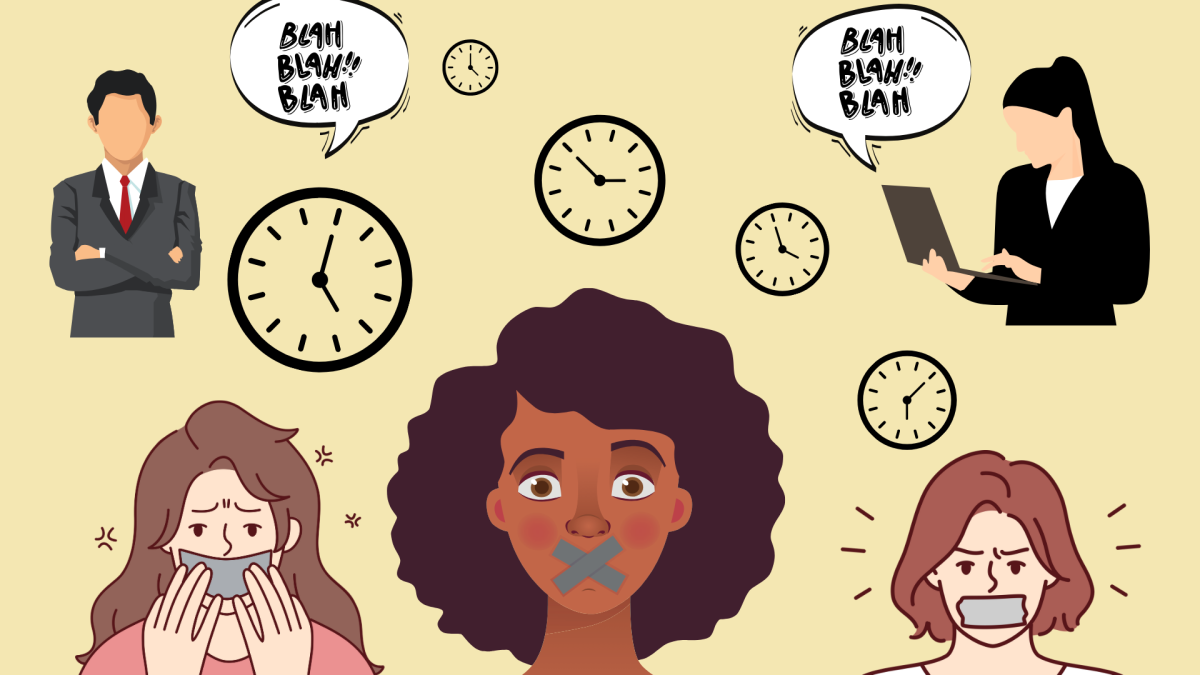

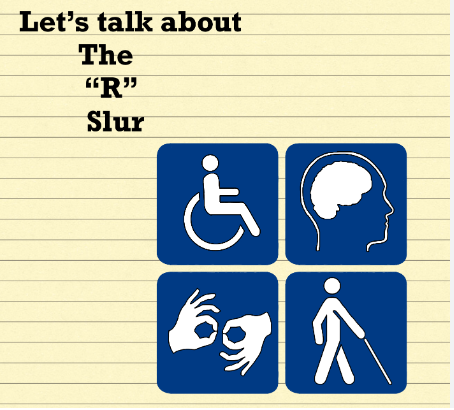
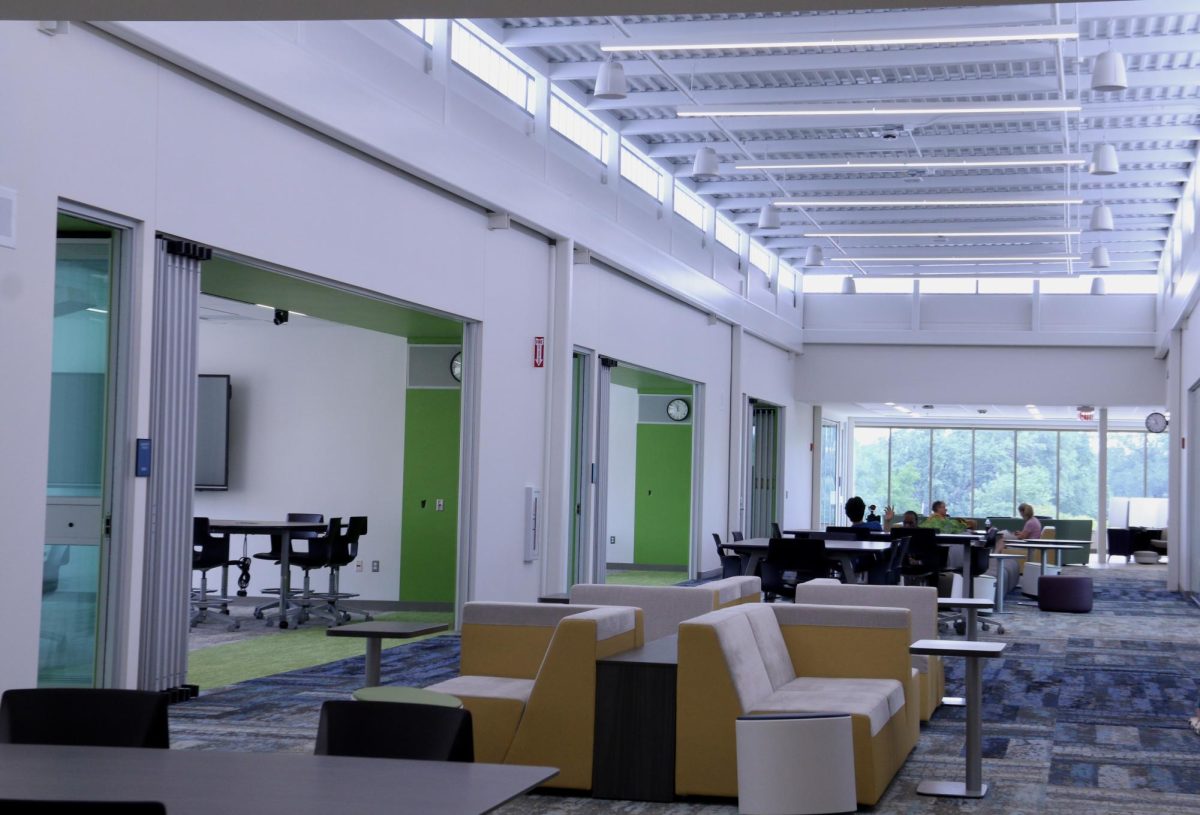
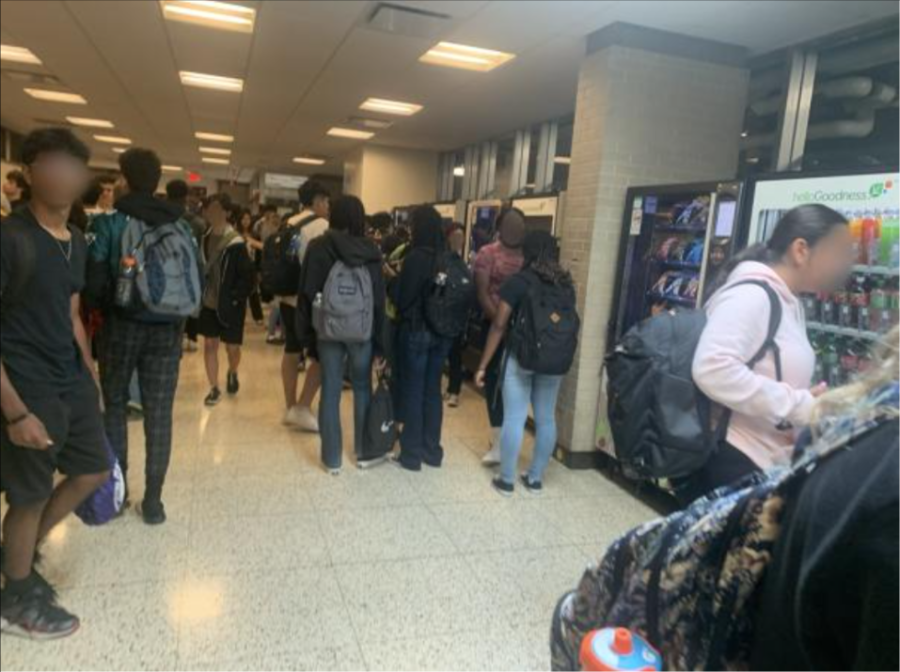

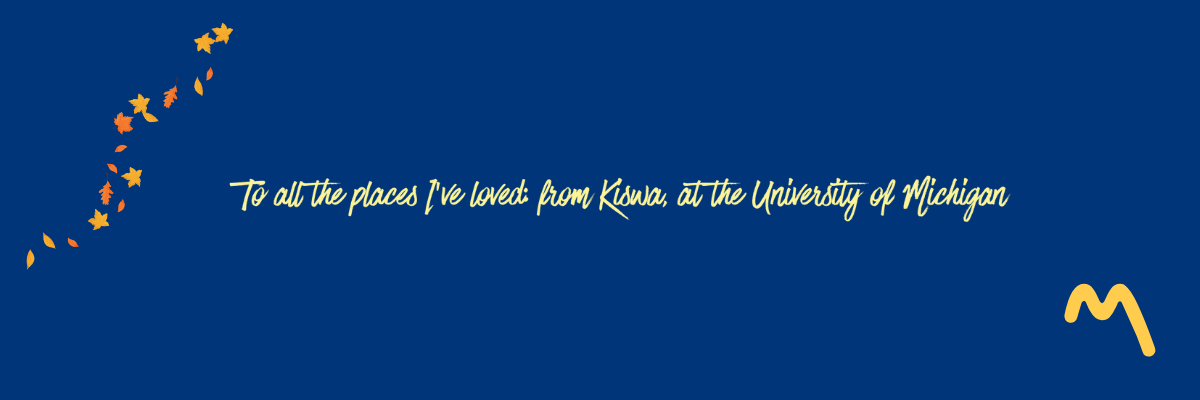




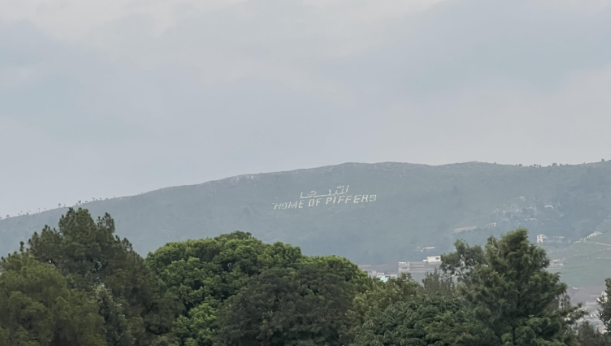


Cynthia Fey • Dec 20, 2023 at 2:47 pm
Thank you for writing. I am so happy to read your message encouraging us to reach across divides and participate in hard conversations.